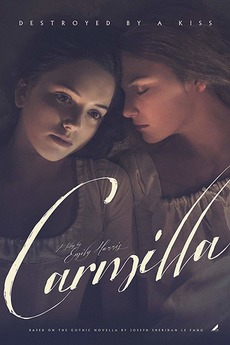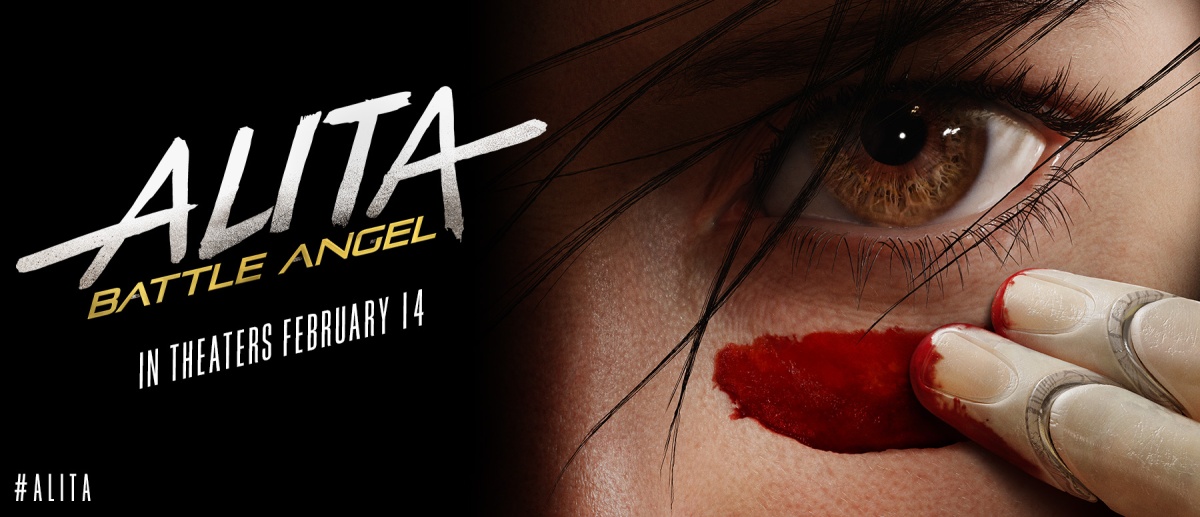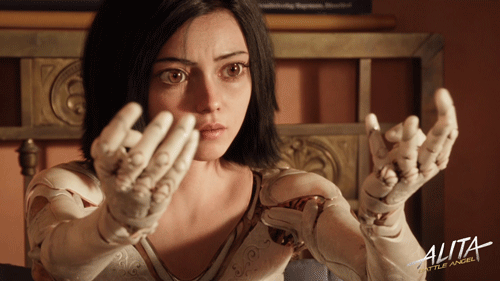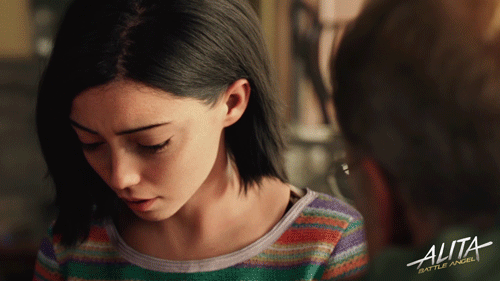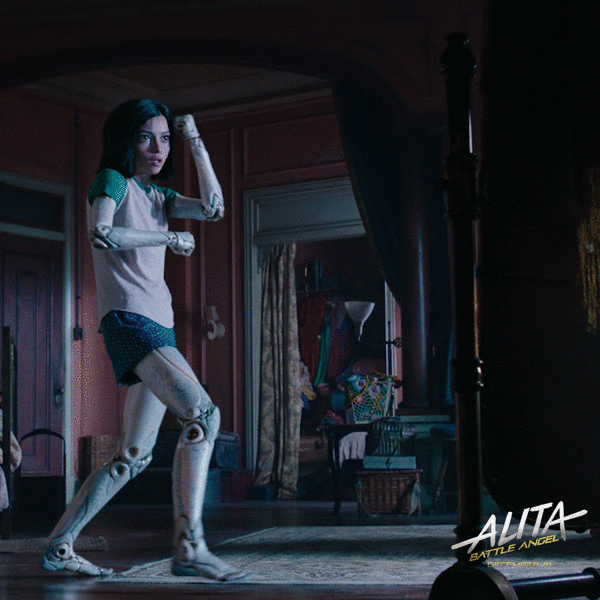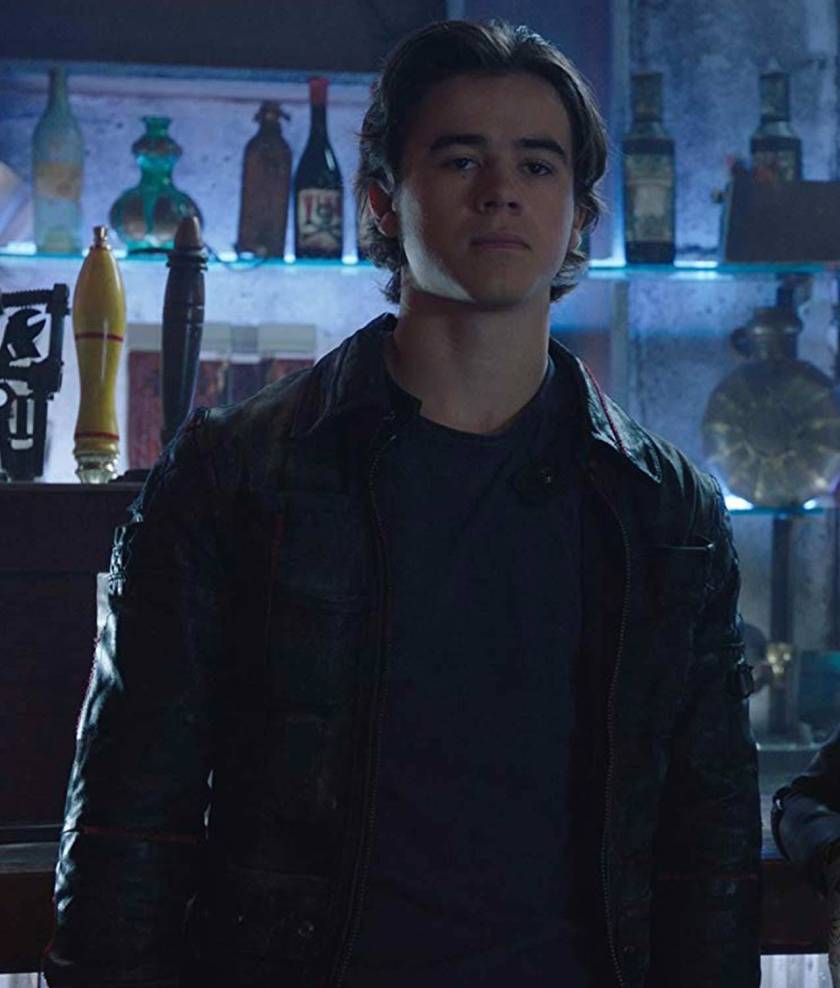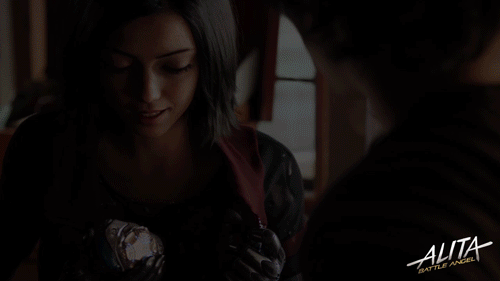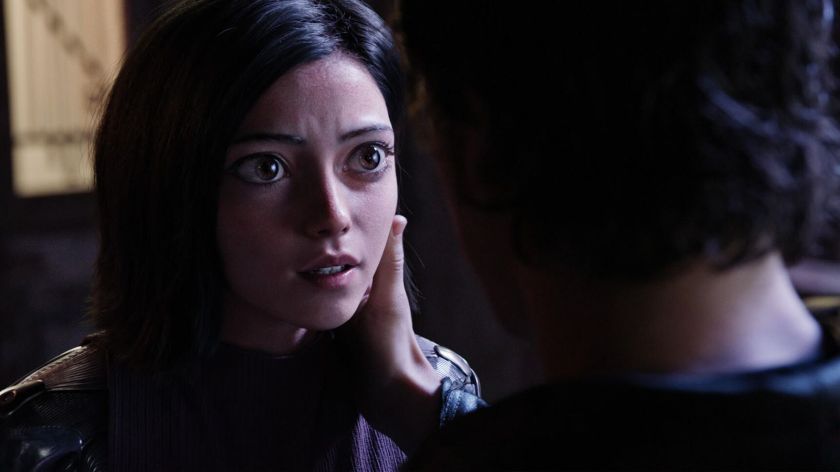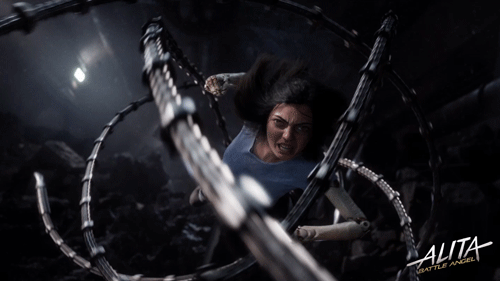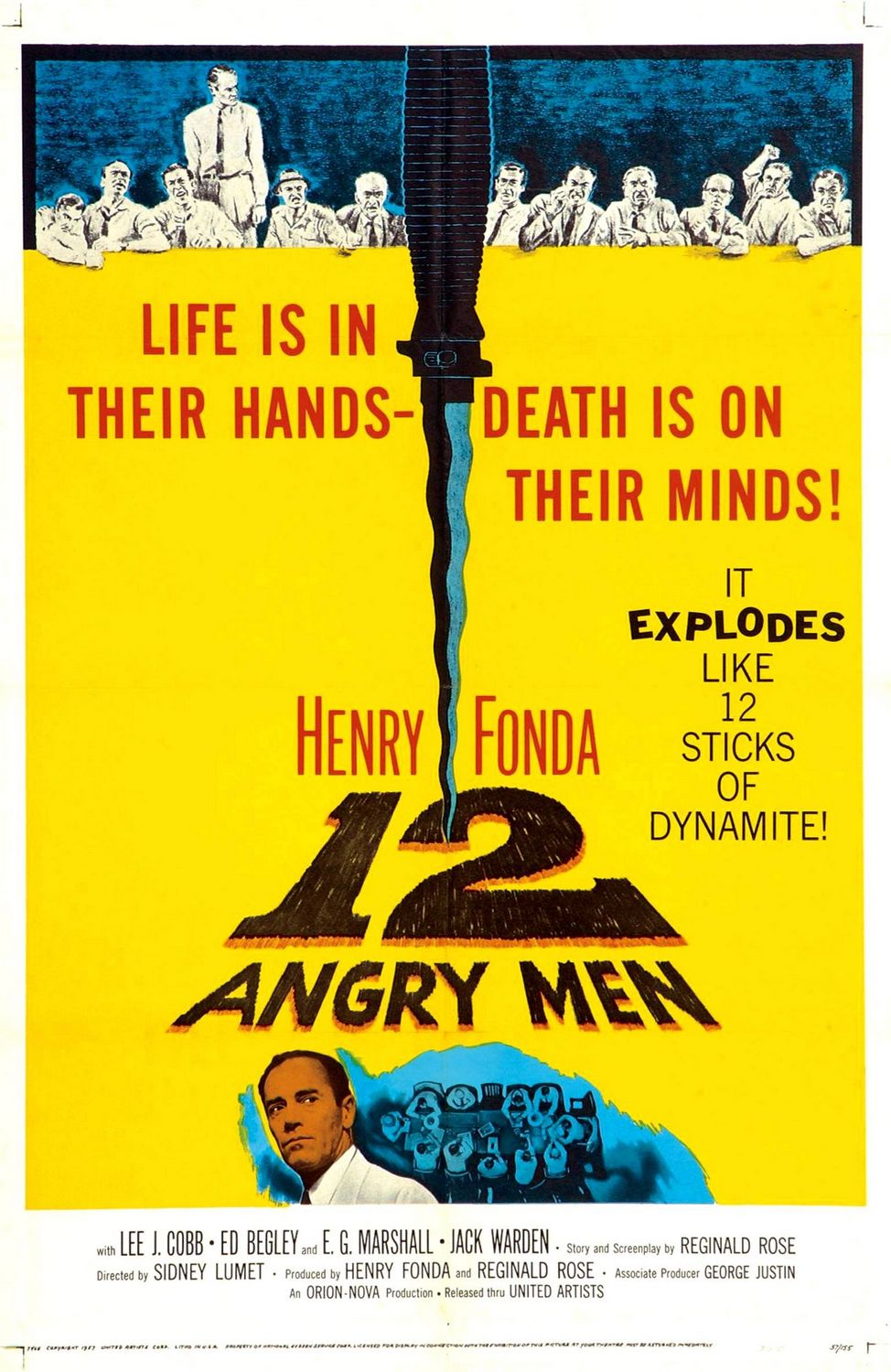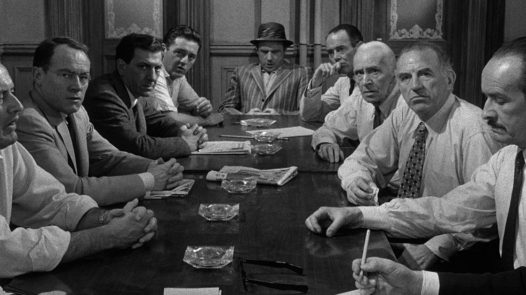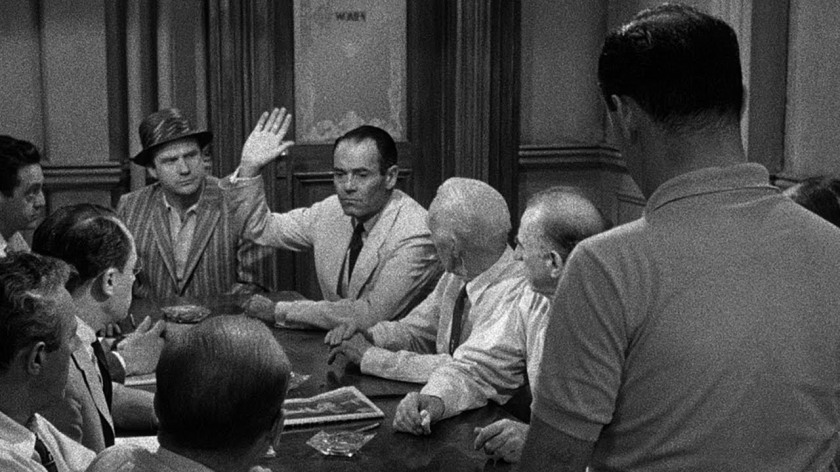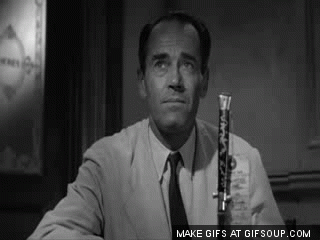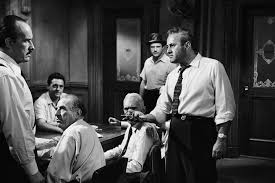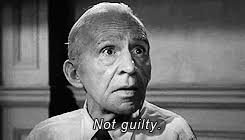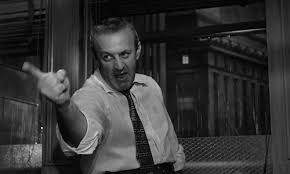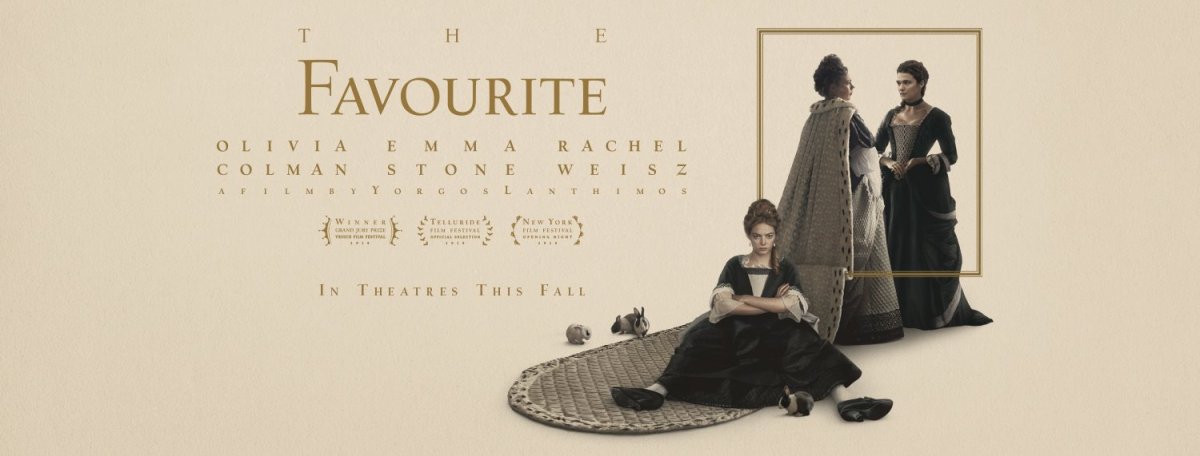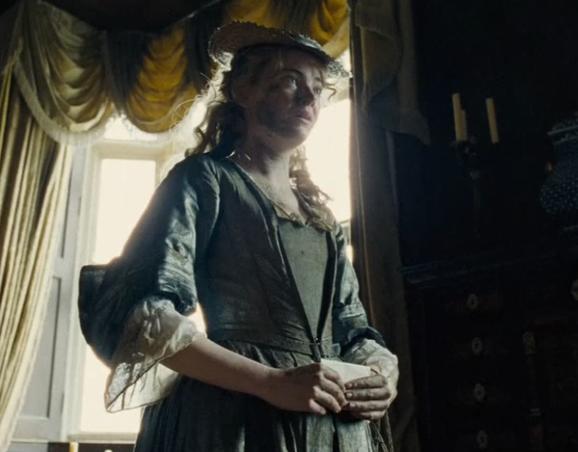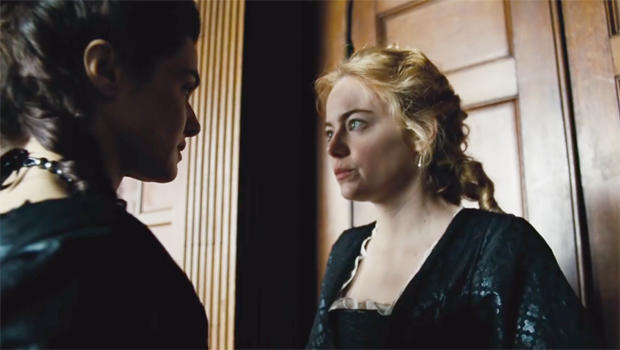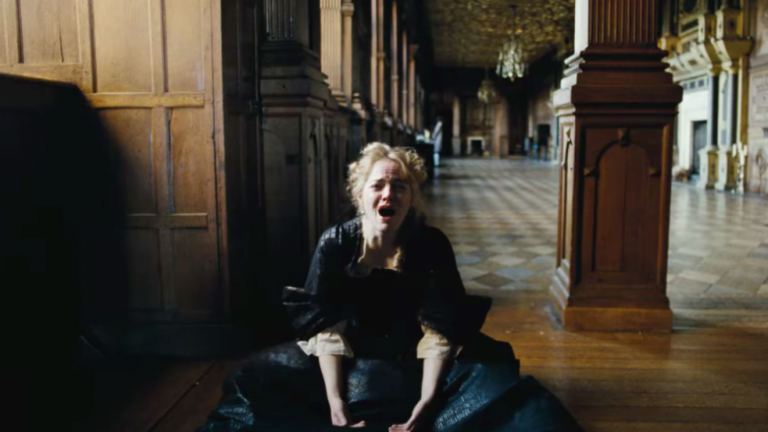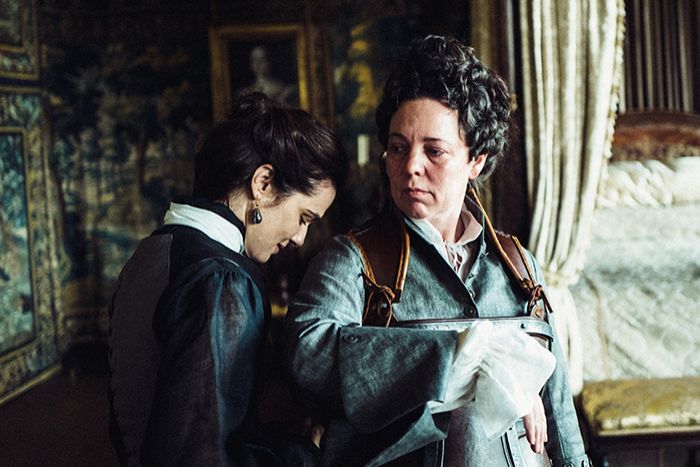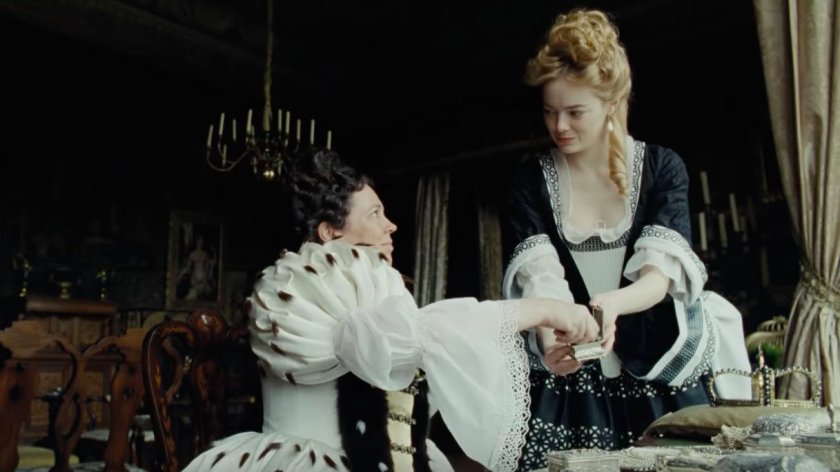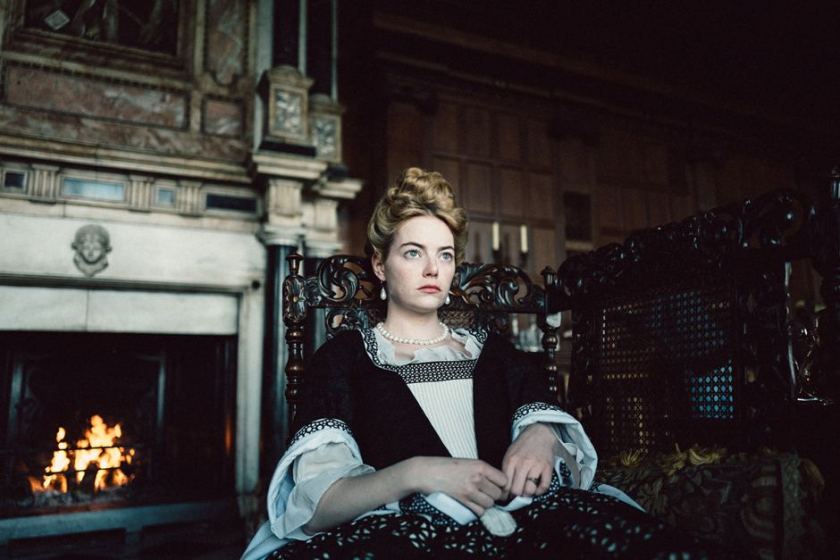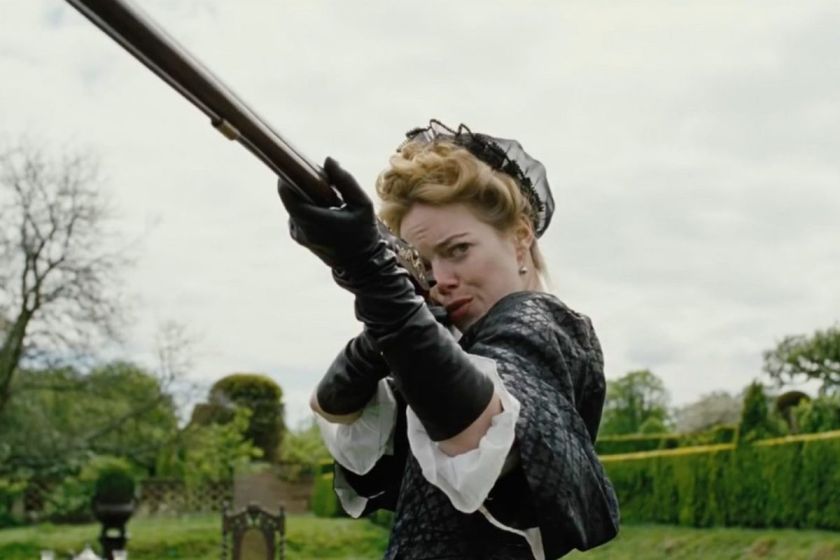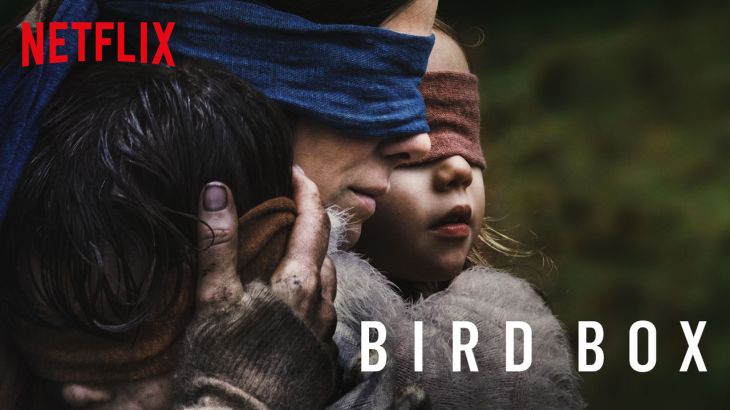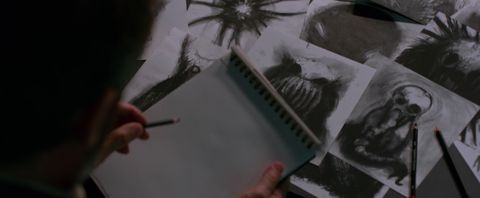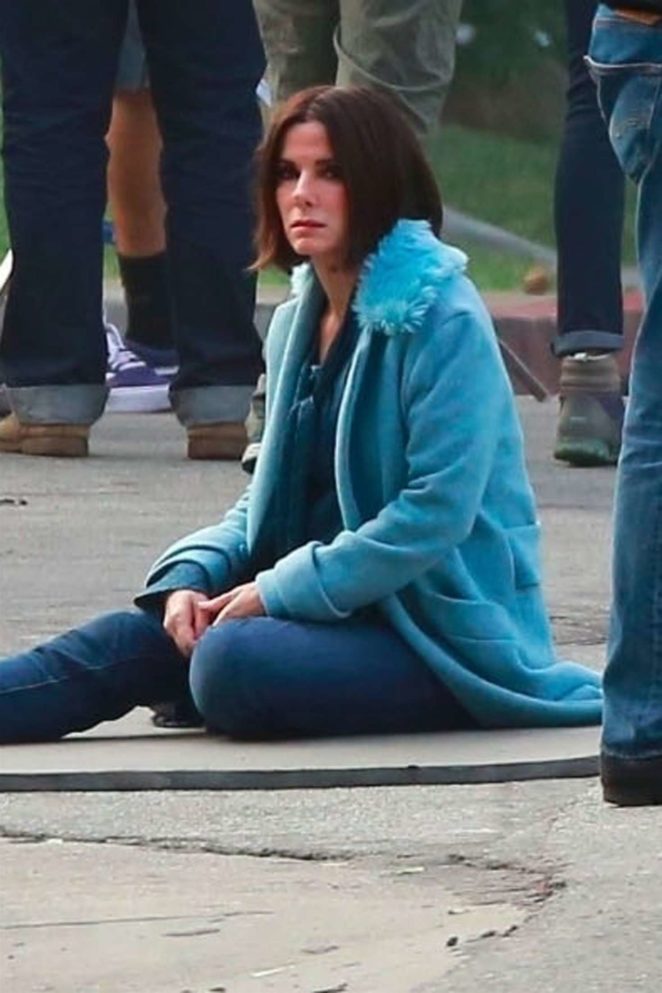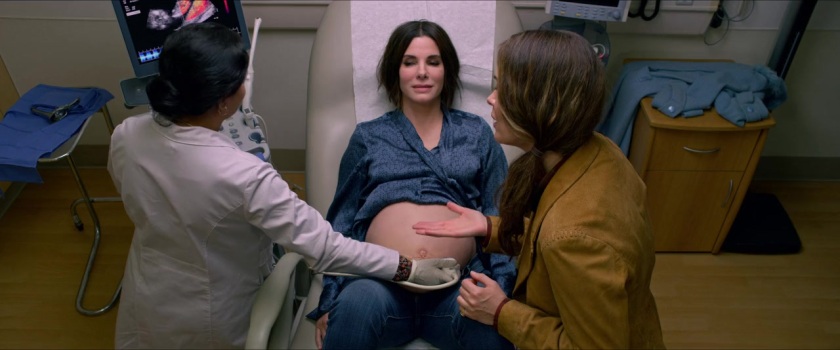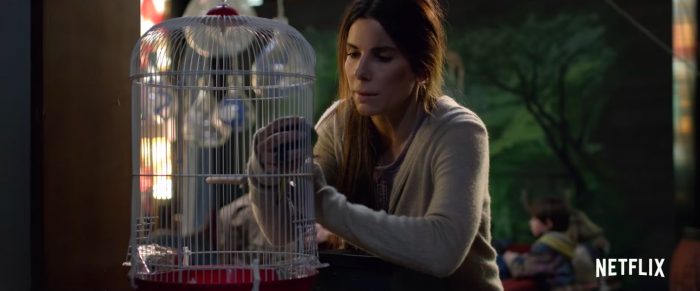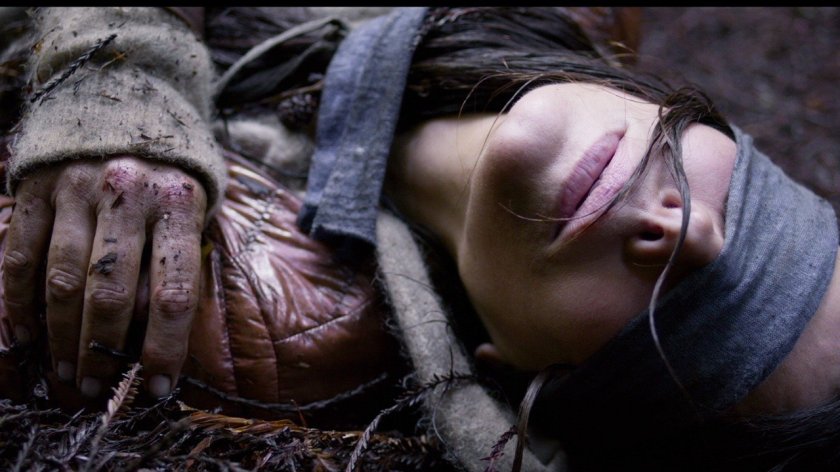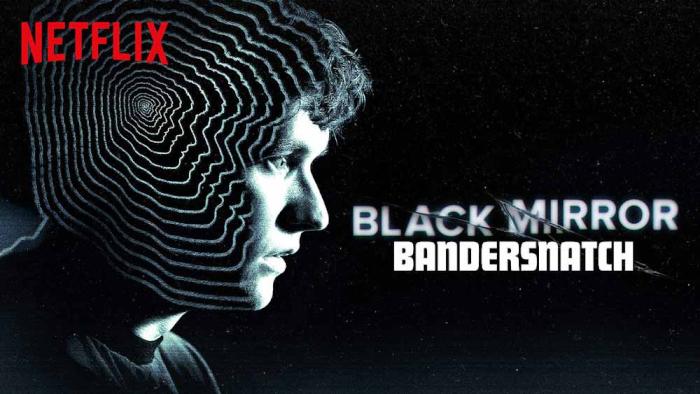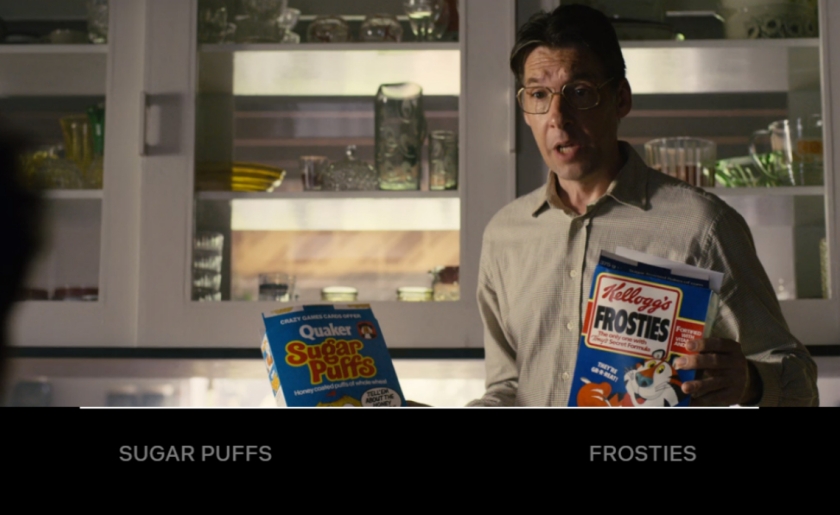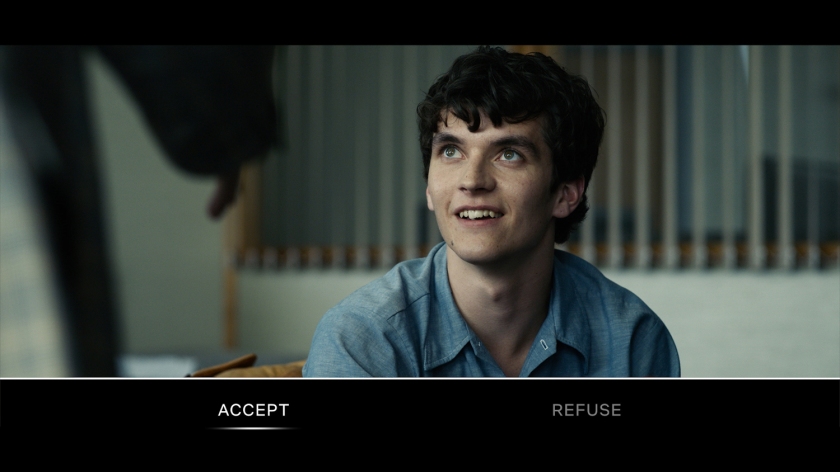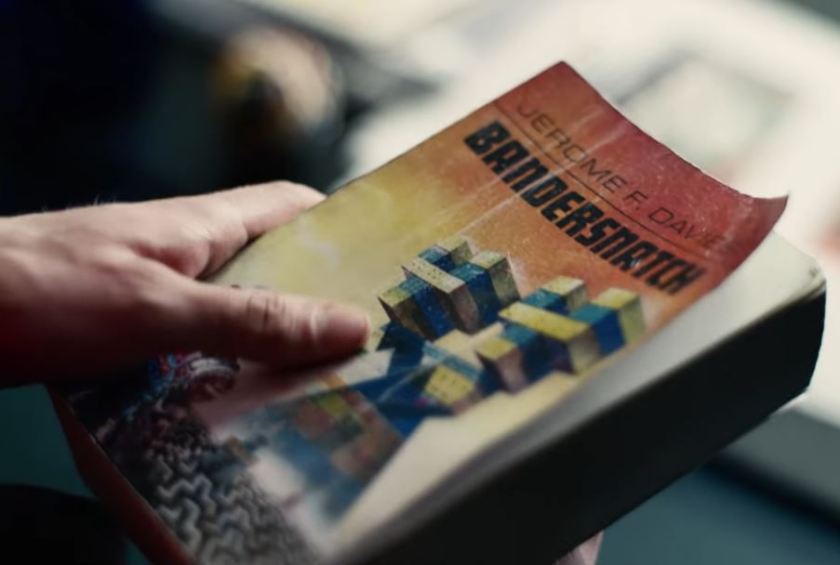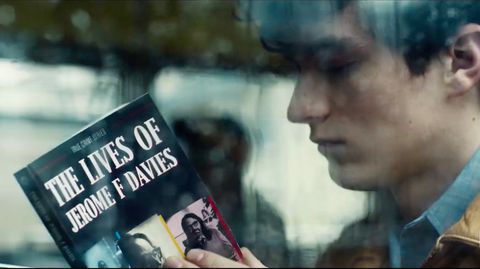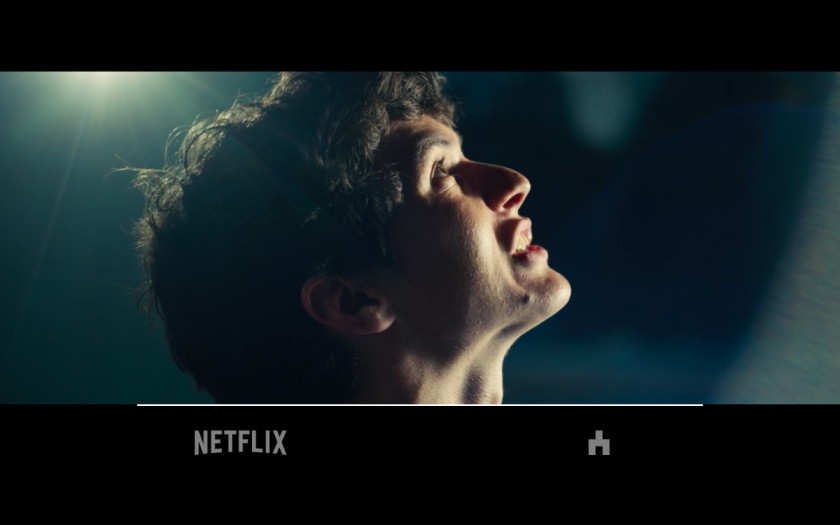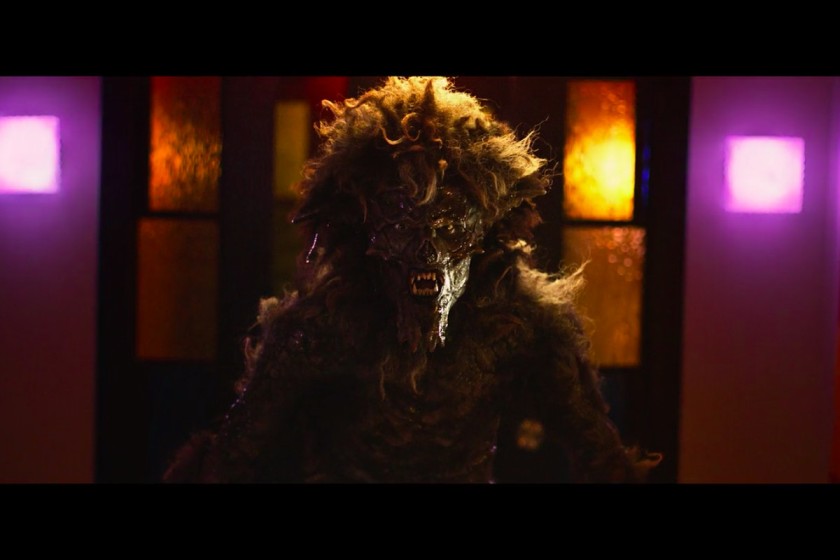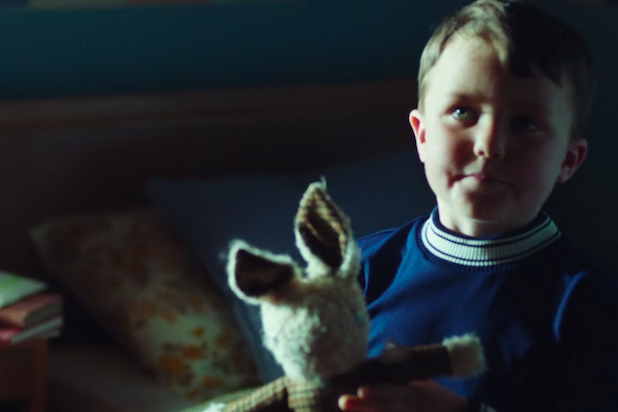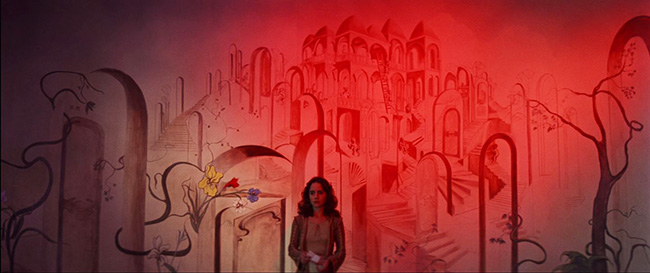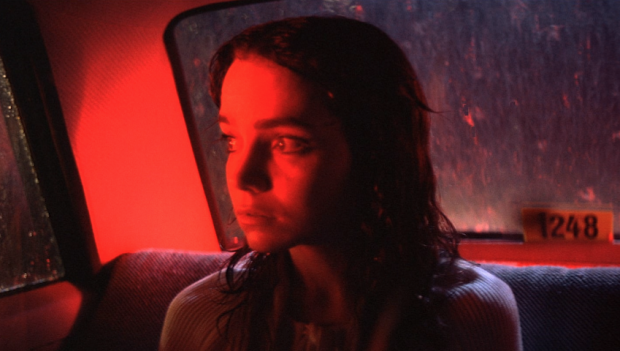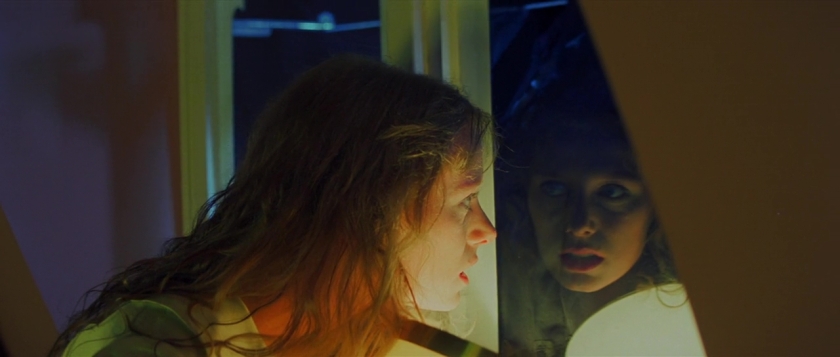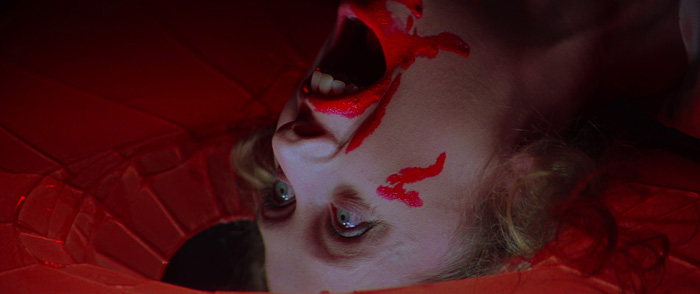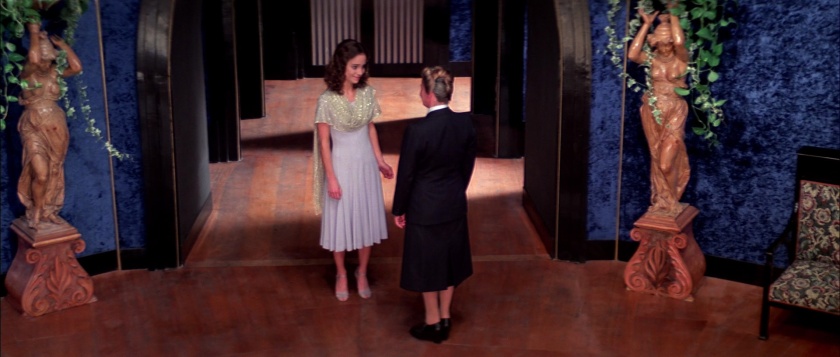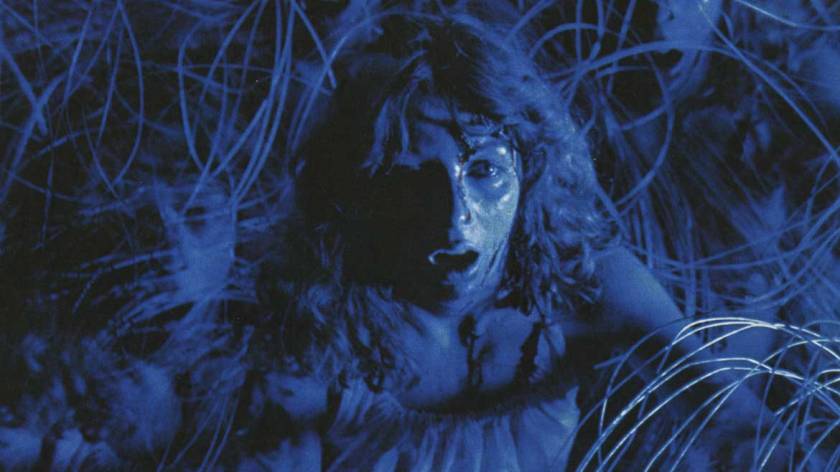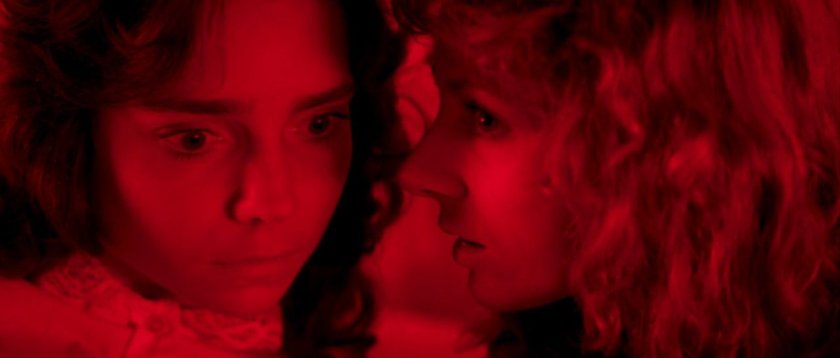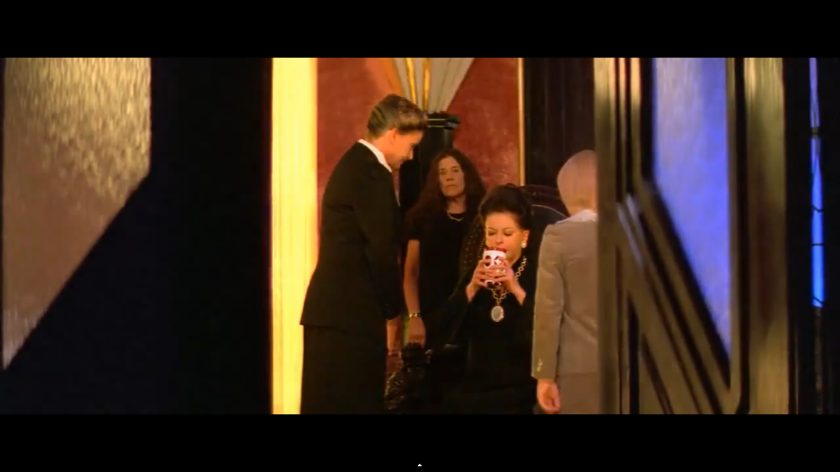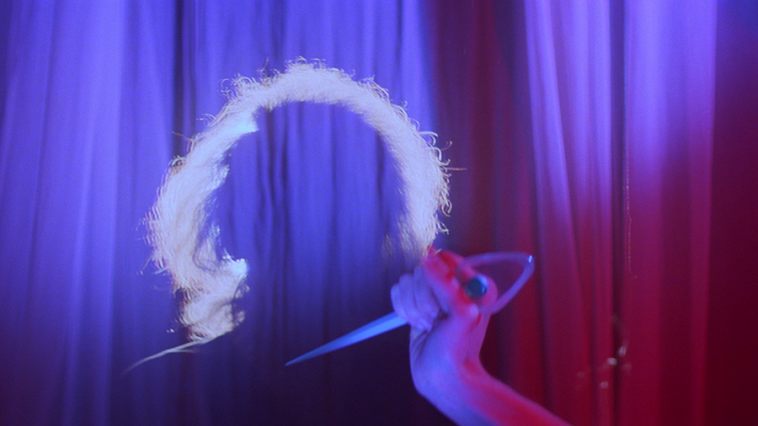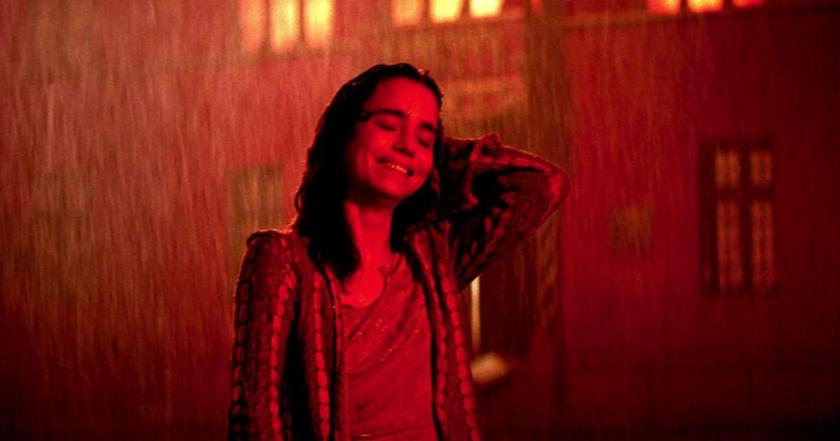Carmilla had its premiere at the Edinburgh Film Festival yesterday evening. Based on the Gothic vampire novel of the same name, Carmilla is a coming of age movie that explores sexuality, oppressive religious families and the feeling of being trapped.
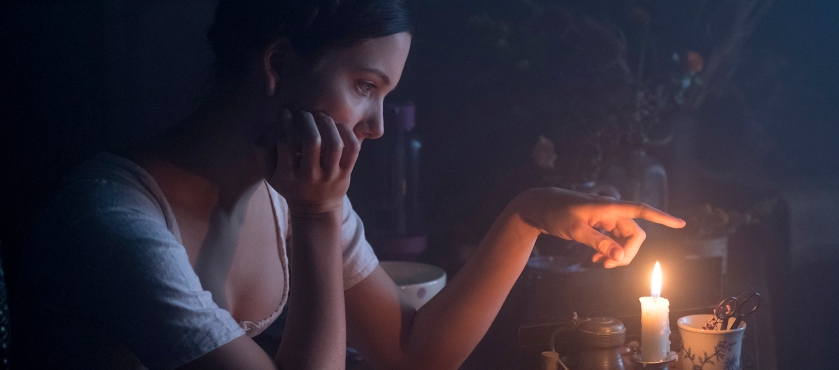
Carmilla follows the life of Lara, a 15-year-old girl living with her father and governess. She feels trapped and alone in her father’s house, as she is the only young person living there. One day, a broken-down carriage is found outside the house and an unconscious young girl is brought in. Lara and the girl inevitably meet and become close. The girl says she cannot remember her name, so Lara calls her Carmilla.

As the two become closer, their relationship becomes more romantic. They start kissing each other and call themselves “blood sisters”. However, Lara’s governess finds the two of them in Lara’s bedroom and soon starts telling every other adult in the house that Carmilla is the devil.
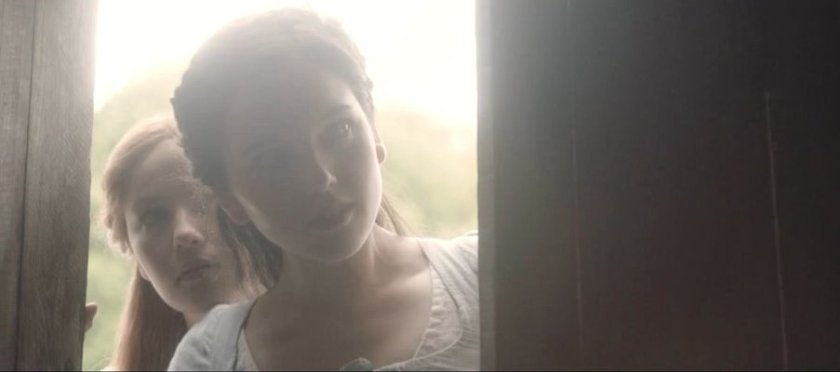
It’s never confirmed whether Carmilla actually is the devil or not. Lara’s governess finds a book with satanic images in Carmilla’s broken carriage and Carmilla also hides a cross from the wall of her room under her bed. This doesn’t necessarily mean that Carmilla is evil though – how do we know that the book belonged to her? And maybe she just isn’t religious?
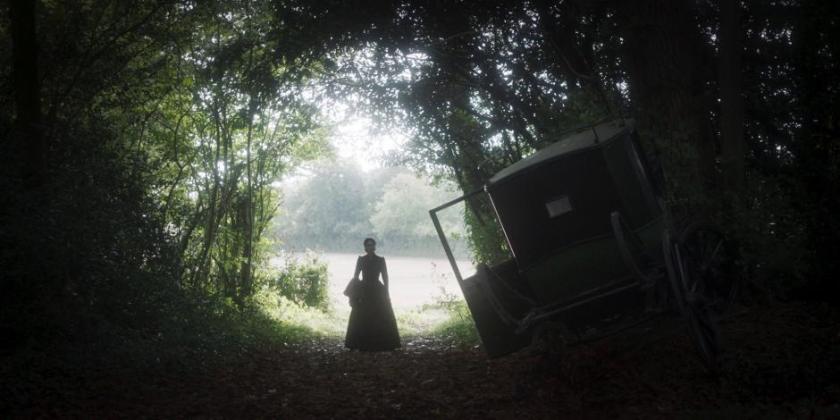
Carmilla explores the intense homophobia masked by the promise of salvation that 19th Century Christianity so often forced upon people. Lara’s governess often gives Lara lectures on how to treat her feelings and how to suppress her nature. Lara is left-handed, so her governess ties her left hand behind her back to force her to use her right hand. She does this because it’s “sinful”. Lara shows a great interest in surgery, often taking books from her father’s study. But her governess punishes her for this and tells her that she’s “playing with fire” and “letting the devil in”. This makes the setting of the house completely stifling and oppressive. When Carmilla arrives, these lectures only increase.
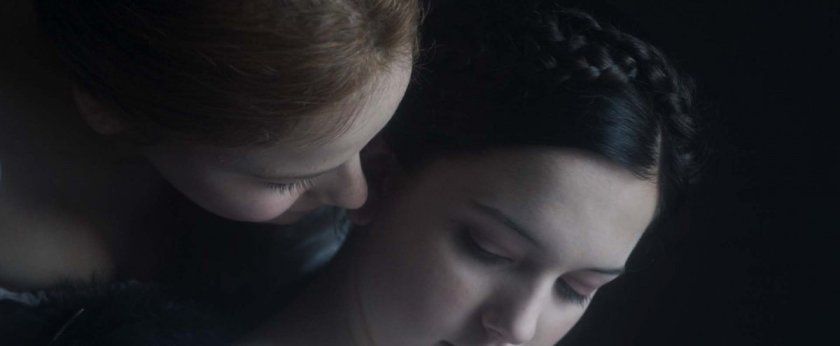
The theme of oneness is very prevalent in this film, as well as many other LGBTQ+ movies and stories. The scene where Lara and Carmilla become blood sisters is incredibly important in this regard. There are also multiple shots that take advantage of reflections in the water and windows, showing the two girls literally becoming one. This, as well as many other LGBTQ+ narratives that use this trope, raises the question of how far the relationship goes. Do Lara and Carmilla consider themselves as lovers, blood sisters, or the same soul within two bodies? Or is it an amalgamation of all three?

The film is riddled with multiple close-up shots of insects. The audio for these shots is so loud that it fills the cinema completely. These are included because of a conversation that Lara and her governess have in the opening scene of the movie.
“Why are flowers colourful and why do they smell good?”
“To make them lovely and pretty.”
“No. To attract insects.”
This gives us the image of Lara and Carmilla as flowers and everyone else in the house as insects. Lara and Carmilla are two young girls flowering into adulthood. The adults in the house are the insects destroying them.
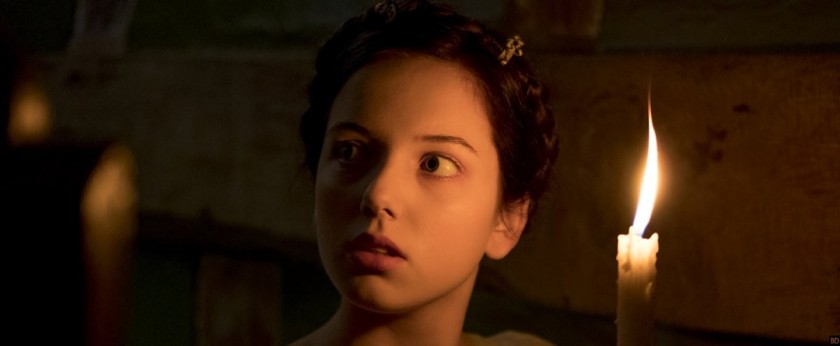
Carmilla is a wonderful coming of age film and I couldn’t be happier that I chose it as my first movie at the Edinburgh Film Festival this year. I admittedly have not read the original book, so I can’t comment on how it lived up to the source material, but from an unbiased perspective I can gladly say that this film was amazing and I think everyone should see it at least once.
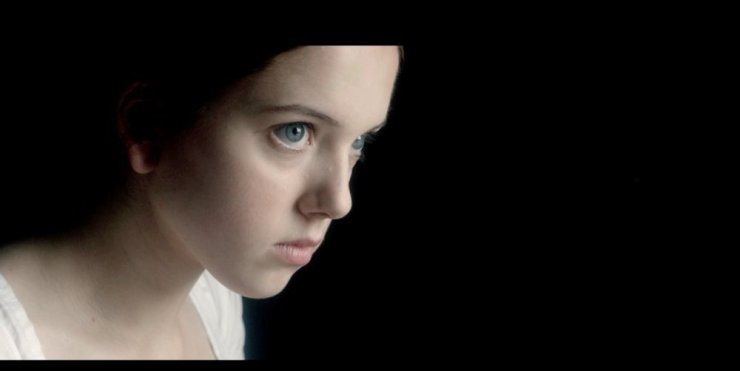
10/10
